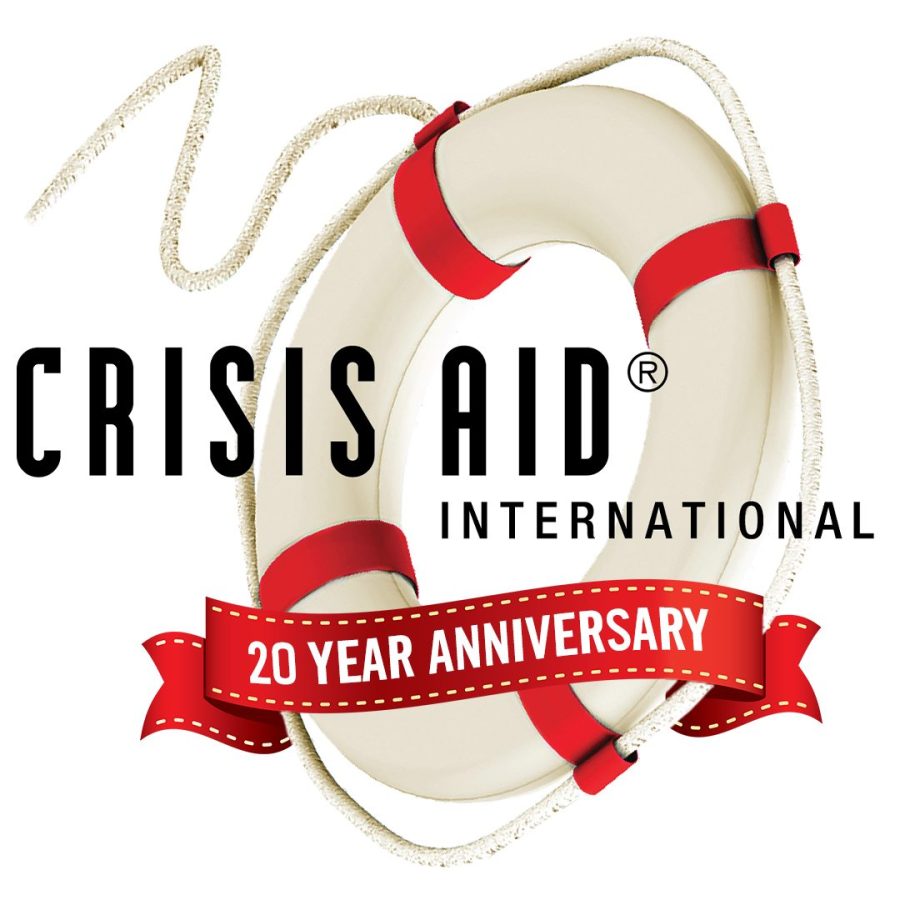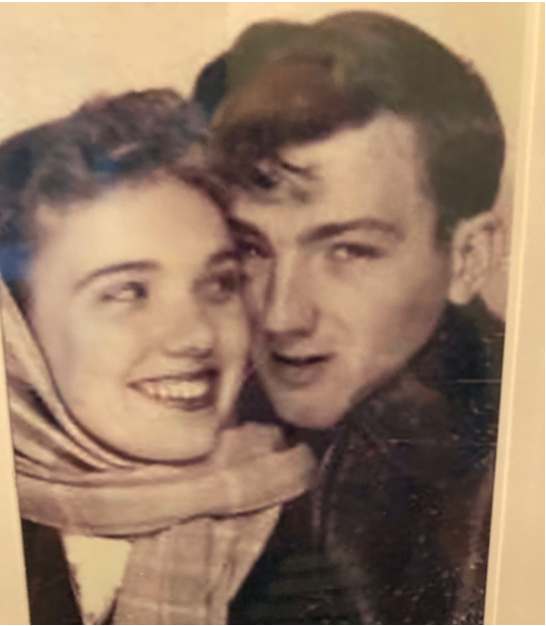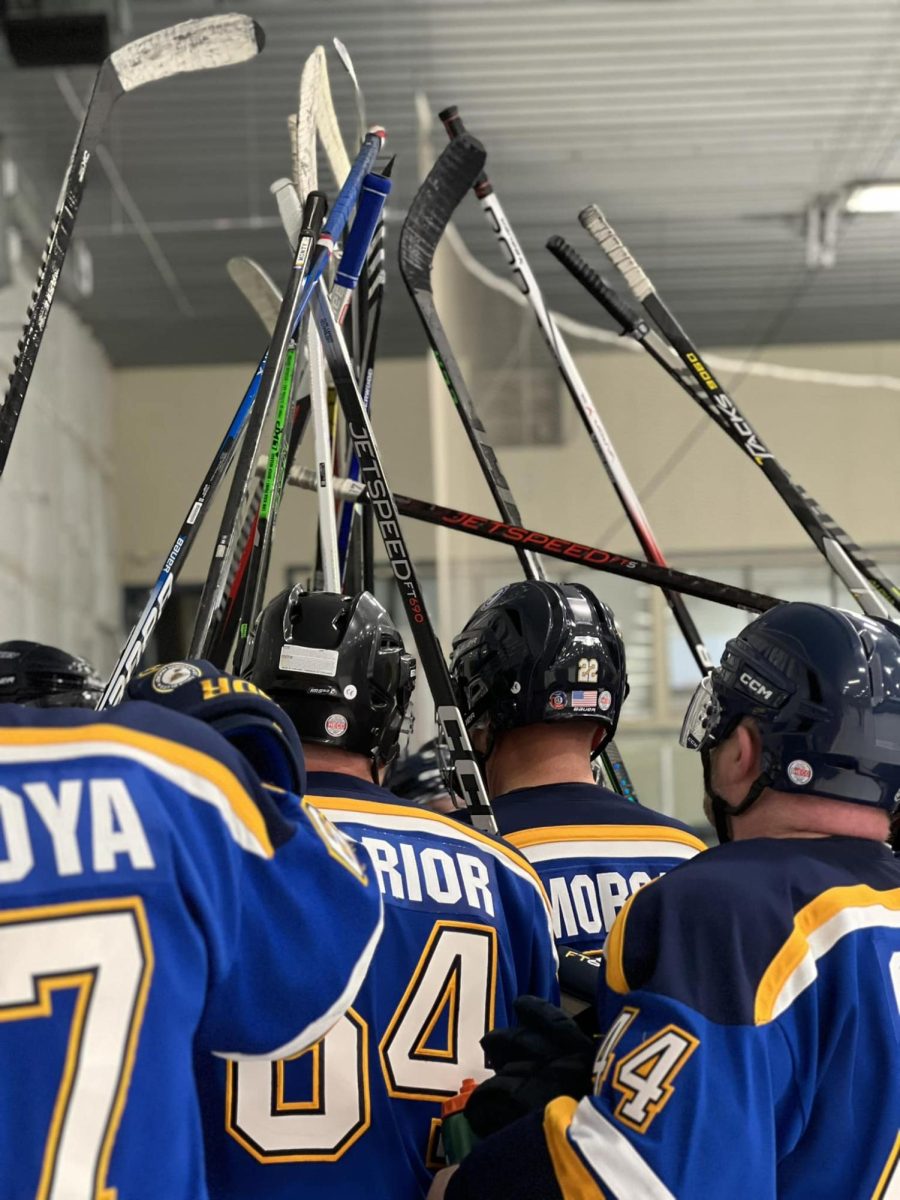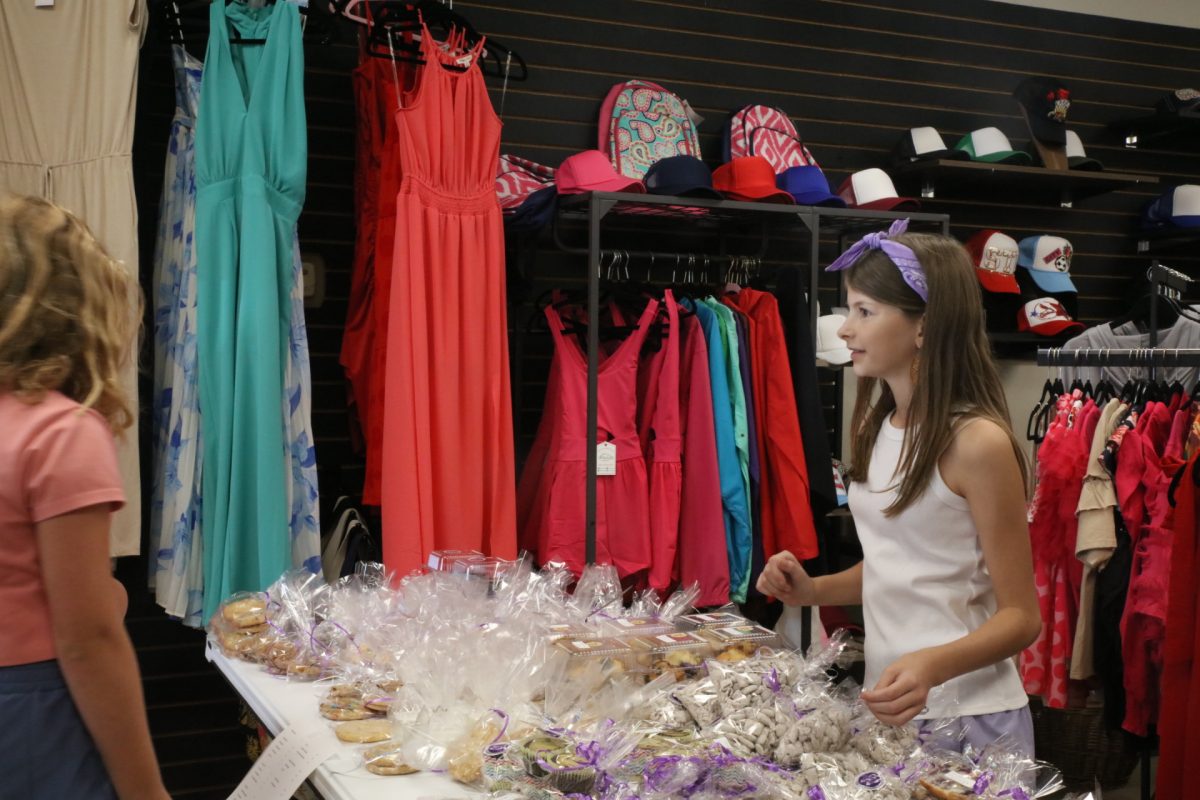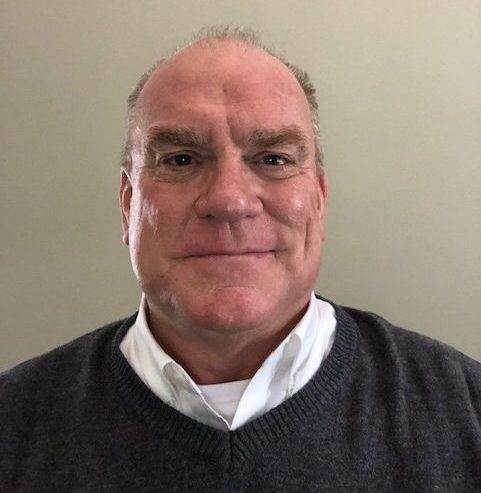The mission of the South County-based nonprofit Crisis Aid International, which celebrated its 20th anniversary this year, began unexpectedly during a trip to South Sudan in 2000.
The nonprofit’s founder, Pat Bradley, was on a mission trip to the country when the organization he was with came across a group of 70 people who had lost everything during an attack on their village the night prior.
“That was when everything changed because up to that time we just used vacation time to smuggle Bibles into places like China and other closed countries. But in Sudan what we saw and experienced changed everything,” Bradley said in an interview with The Call. “That was the genesis of Crisis Aid … I just heard God’s voice say ‘I’m going to change the focus of your ministry work.’”
Bradley’s wife Sue said processing the experience in South Sudan left Bradley “traumatized.”
“What was in my heart up until that point was just to do what we were doing (smuggling Bibles), and I was thrilled doing that, I never saw me changing that until I went to Sudan,” Bradley said. “I knew that meant meeting the needs of people who needed food, water and shelter.”
Bradley’s first trip to South Sudan was in February 2000 and by September the same year, he had returned to the country with a 2-pound bag of rice to feed 4,000 people, according to him. Two years later in 2002, Crisis Aid International was officially incorporated.
It was never his intent to start his own nonprofit. For the two years following the first trip to Sudan, Bradley tried to operate under the ministry he was already working under but as time went on, it grew beyond that ministry’s scope.
“They were not a relief organization and so it just reached a point where we had to start our own organization,” Bradley said.
For the first several years of Crisis Aid, the organization focused on going into war zones in countries such as Afghanistan, Sudan, Egypt and Somalia. The organization has even provided aid in North Korea.
“War zones and natural disasters. We did a big response to the 2004 tsunami in Indonesia, the Pakistan earthquake, the Haiti earthquake,” Bradley said. “We hear about things that are happening in other countries and we try to do what we can.”
Now 20 years later, the nonprofit has provided more than 104 million meals and has served over 3.2 million people in 11 countries. Some of the projects Crisis Aid has been involved in include constructing and overseeing orphanages and pediatric clinics, and large food outreach programs.
Today the organization is focusing all of its efforts in an East African country that cannot be identified to protect the organization’s work in that country, as well as working against sex trafficking in both that East African country and here in the U.S.
Bradley had not intended to take on the issue of sex trafficking until an experience helping young girls in a red light district in East Africa in 2006.
“We were drawing a lot of attention because ‘What are two white guys doing here?’ … Long story short, we led (some) girls to Christ,” Bradley said.
One young girl who Bradley baptized stands out in particular.
“I asked her right then and there ‘Hey, do you want to get out of here tonight?’ … I really had no plan … She ran and got her worldly belongings. She was 16 and had been in there for 12 years,” Bradley said. “That’s how we got started in sex trafficking … When we started the work the word sex trafficking did not exist in this country.”
Crisis Aid now oversees two homes for survivors of sex trafficking in St. Louis and abroad.
“Globally, we were one of the very first organizations dealing purely with sex trafficking victims. It was something that was not being done,” Bradley said. “We were a pioneer in this field … but God used that girl to start a worldwide movement, literally.”
To raise money for the organization, the nonprofit sells Oh! Coffee and Monarch Jewelry.
Oh! Coffee grew out of Crisis Aid’s work in Ethiopia. It only has one offering: a certified organic Ethiopian Yirgacheffe. Some of the best coffee in the world is considered to come out of the Yirgacheffe region.
“We have coffee farmers with children starving to death and you have every major coffee company buying coffee from this part of Ethiopia because its ranked one of the highest-quality coffees year after year, and yet you have coffee farmers whose children are starving to death,” Bradley said.
The organization purchases beans from Ethiopian growers, which are brought to the U.S. to be roasted and packaged. The coffee is roasted by Wonderstate Coffee Roasters in Wisconsin and 100% of the coffee’s net sales profit benefit Crisis Aid.
Monarch Jewelry is an all-volunteer group of about 90 mostly retired women who get together weekly to create and sell reclaimed jewelry to support sex-trafficking survivors in the U.S.
“They are amazing ladies,” Sue Bradley said.
The organization also has about 300 monthly donors and Bradley recently published a book — “Born for Rescue” — about the nonprofit’s founding, of which the profits will also go back to supporting Crisis Aid.
“A book changed my life. I read this book called ‘God Smuggler’ … if it wasn’t for that book … I can pretty much say Crisis Aid would not exist,” Bradley said. “My hope is that this book … inspires people that life is more than sitting in a church pew and in fact, that’s exactly what we’re not supposed to be doing.”
The nonprofit employees roughly 220 people, with 16 in St. Louis and almost 200 locals at its facilities in East Africa, which include a pediatric clinic and vocational school. It is also ranked in the top 1% of charities by Charity Navigator.
“We’ve been blessed by God with this work and he has made a way for us to do this … you can’t put all this together. It just really was God orchestrating it. We have wonderful people working for us here and in East Africa,” Sue Bradley said. “Our donors are some of the kindest people … so we’ve been very fortunate with what we do with the people that we’ve gotten to meet.”



